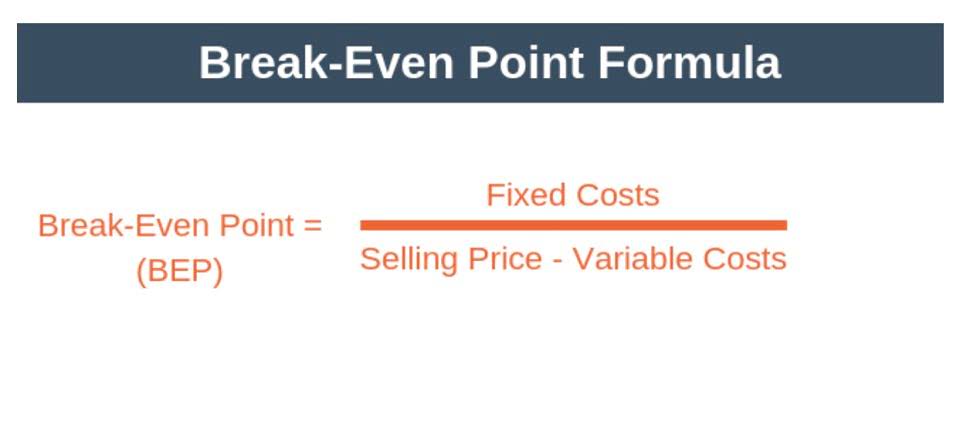What is a Retainer Fee? Definition, Examples in Finance

This payment establishes an ongoing attorney-client relationship, ensuring the lawyer’s availability when you need legal assistance. To streamline the retainer process and prevent trust account violations, legal billing software can ensure your law firm maximizes retainer agreements while upholding IOLTA compliance. Retainer fees are once again usually kept in a trust account and used to meet legal costs and expenses of the case as they arise. Attorneys then bill against the trust account and earn the fees as services are performed.

FAQs about Retainer Fees in Finance and Investment
- Then, establish the type and amount of work you’ll do during the retainer period.
- In the second half of the 20th century, retainer fees became more common in the consulting industry.
- Understanding the specifics of unearned and earned retainers can help clients effectively navigate this payment structure.
- Earned retainers, however, represent payment for services that have already been rendered by the professional.
An agreement can be made between the client and a lawyer, wherein the lawyer gets a nominal account at the beginning and his complete definition of retainer fee fee only if he wins the case. Further, the client may enter into a retainership agreement with the lawyer to engage himself in the future whenever any legal issues are faced. Such retainership agreements are made for restaurants, hospitals, and tech-oriented companies. The agreement is normally made for a year and then renewed based on last year’s services. So, this fee is like a fixed cash inflow for the service provider with a commitment to future services.

Can retainer fees be negotiated?

Regular communication and updates are crucial in maintaining this trust, ensuring that any issues or changes in scope are addressed promptly. A retainer is a fee paid in advance in order to secure the services of a law firm. The fee is also charged for other types of professional services, such as consulting. Ensuring continuous service is one of the primary reasons clients opt for retainer fees, particularly in legal contexts. By paying a retainer, you secure priority access to a professional’s time and expertise, which is crucial for ongoing or time-sensitive matters. This arrangement https://www.hftienda.com/2023/11/23/real-estate-accounting-a-complete-guide-for/ eliminates the need for frequent renegotiation and allows for a seamless transition between projects or tasks.

III. Regularly Reviewing and Potentially Revising Agreements

However, it may not be as cost-effective if the professional’s hourly wage is high or if there are numerous hours required to complete a task. When comparing a retainer fee to a traditional hourly rate structure, one significant advantage of the former is predictability for clients. Lawyers often require a general retainer for their availability over a certain period. This gives the bookkeeping client security in knowing they’ll have legal help as matters arise. The initial retainer often covers a maximum number of hours of legal work, with additional costs incurred if the work exceeds this allocation. Once a client has engaged an attorney to represent him or her in a case, the client is sometimes required to deposit an upfront retainer fee.
Tips for drafting a successful retainer agreement
Open communication with the client about their financial constraints and service expectations can help in setting a fee that is both fair and acceptable to both parties. This dialogue can also uncover any potential issues or misunderstandings early on, fostering a more transparent and cooperative relationship. Explore the essentials of retainer fees, including types, calculations, agreements, and their impact on client relationships and billing practices. Choosing between flat fee and hourly rate arrangements is a significant decision within retainer agreements, impacting both cost predictability and the nature of the service relationship. The primary advantage of retainers over standard fees is the assurance and consistency they offer, fostering a reliable working relationship.
- Each article on AccountingProfessor.org is hand-edited for several dimensions by Benjamin Wann.
- Unfortunately, some large firms equate a retainer to an entry fee, causing confusion for clients.
- Our mission is to empower you with the tools and knowledge you need to make informed decisions, understand intricate financial concepts, and stay ahead in an ever-evolving market.
- In case of any unexpected event, the lawyer can receive compensation for the work performed.
- Your retainer agreement should specify how such situations are handled and whether they’ll continue working while awaiting additional payment.
- A retainer fee is money paid to ensure that a professional will provide services to you.
Legal Services – Examples of a Retainer Agreement
In general, retainers are essential to the relationship between clients and accountants. They are also important in ensuring that accounting services are done quickly and well. A retainer fee used as a deposit or prepayment for a project or service applies to the total cost. General retainers are often non-refundable since they compensate the lawyer for availability rather than specific services. For individuals, having a lawyer on retainer ensures you have professional guidance readily available for current legal matters or potential issues that may arise. For businesses, it provides immediate access to legal advice without having to search for representation during critical situations.


